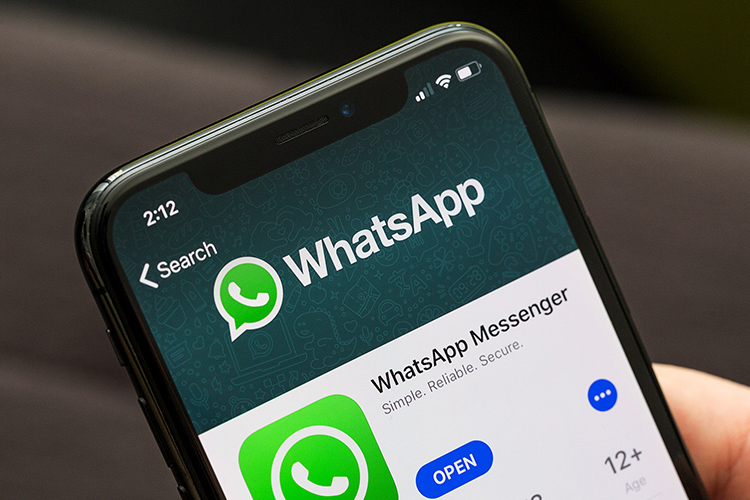
You can see why Facebook, which still hankers to “ connect the world,” was so anxious to close this deal. That may strike some, even most, WhatsApp users as a fair trade, though you have to wonder. In return, people get better-tailored advertising and, potentially, the ability pay for things on Facebook. Now Facebook has access to even more personal data-specifically, information that many users wouldn’t willingly give up before. In the past year alone, Facebook killed a privacy setting in order to expand the reach of its search feature, updated its privacy policy to explicitly reserve the right to feature its users’ names and profile pictures in ads and faced an accusation that it scrapes data from private messages to better serve advertisers (a charge the company says is “without merit”).

It’s easy to distrust Facebook, especially since the company has a history of playing fast and loose with user privacy and collecting information it wasn’t supposed to.

Facebook was previously unable to tap these resources unless people connected their address books to Facebook Messenger, or provided Facebook with credit card information to donate to various non-profits. And now that the service belongs to Facebook, users won’t be paying with just money, but also with their personal information.įacebook has access to all of WhatsApp’s data-users’ phone numbers, address books, and payment information.


 0 kommentar(er)
0 kommentar(er)
